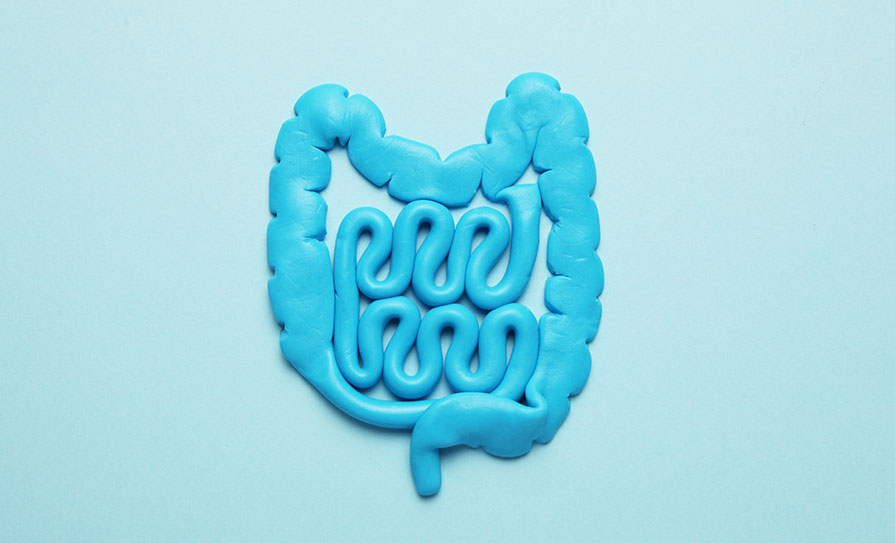Preterm and low birth-weight babies are routinely given antibiotics to prevent, not just treat, infections, which they have a high risk of developing. A new study published in The Journal of Physiology has found that early-life exposure to antibiotics in neonatal mice has long-lasting effects on their microbiota, enteric nervous system, and gut function. This could mean that babies given antibiotics may grow up to experience gastrointestinal issues.
This discovery by the research team from the Department of Anatomy and Physiology at the University of Melbourne is the first to show that antibiotics given to neonatal mice has these long-lasting effects, which result in disturbed gastrointestinal function, including the speed of motility through the gut, and diarrhoea-like symptoms in adulthood.
The research team gave mice an oral dose of vancomycin every day for the first 10 days of their lives. They were then reared normally until they were young adults, and their gut tissue was looked at to measure its structure, function, microbiota, and nervous system. The investigators found that changes were also dependent on the sex of the mice. The females had long whole-gut transit, and the males had lower faecal weight than the control group. Both males and females had greater faecal water content, which is a diarrhoea-like symptom.
Mice have many similarities to humans, but they are born with more immature guts than humans and have accelerated growth due to their shorter life spans. Their gut microbiota and nervous systems are less complex than humans, so the findings cannot yet be directly associated to human children and infants, said the authors. The researchers said they will be doing further studies on the mechanisms of antibiotics on the gut and the causes of the sex-specific actions, and if early life antibiotic use has effects on metabolism and brain function.
Lead Physiologist Dr Jaime Foong said: “We are very excited about the findings of our study, which show that antibiotics given after birth could have prolonged effects on the enteric nervous system. This provides further evidence of the importance of microbiota on gut health and could introduce new targets to advance antibiotic treatment to very young children.”







